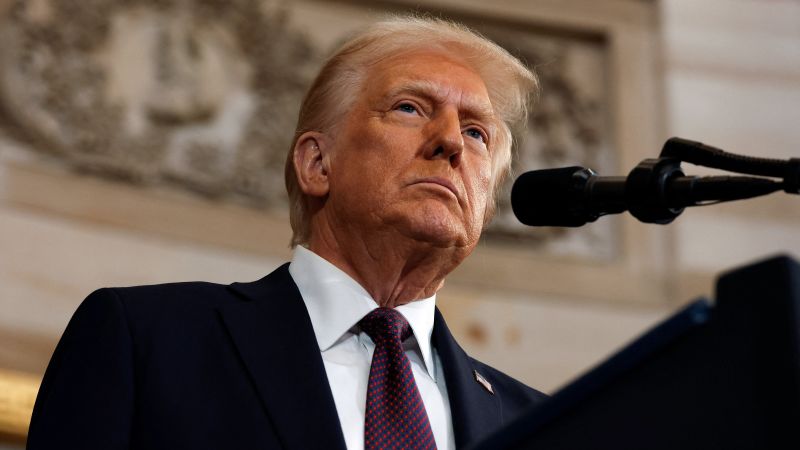Revenge and Restructuring: Trump's Bold Plan to Reshape Government Leadership

In a bold and controversial move, President Donald Trump has launched what appears to be a sweeping political retribution campaign, targeting those he views as adversaries within the federal government. The week began with a series of dramatic personnel changes and strategic maneuvers designed to settle scores with his perceived opponents.
Trump's aggressive strategy includes strategic dismissals of key federal employees, a focused effort to challenge former intelligence and national security officials who have criticized his administration, and a direct mandate to investigate the actions of the incoming Biden administration. These actions signal a potentially tumultuous transition period, highlighting the ongoing tensions and deep political divisions that have characterized Trump's presidency.
The president's approach suggests a determination to leverage his remaining time in office to reshape the federal landscape and potentially lay groundwork for future political challenges. By systematically removing those he considers disloyal and initiating investigations, Trump is sending a clear message about his continued influence and willingness to confront his political rivals.
As the political drama unfolds, observers are closely watching the potential long-term implications of these unprecedented actions on government institutions and the delicate balance of power in Washington.

